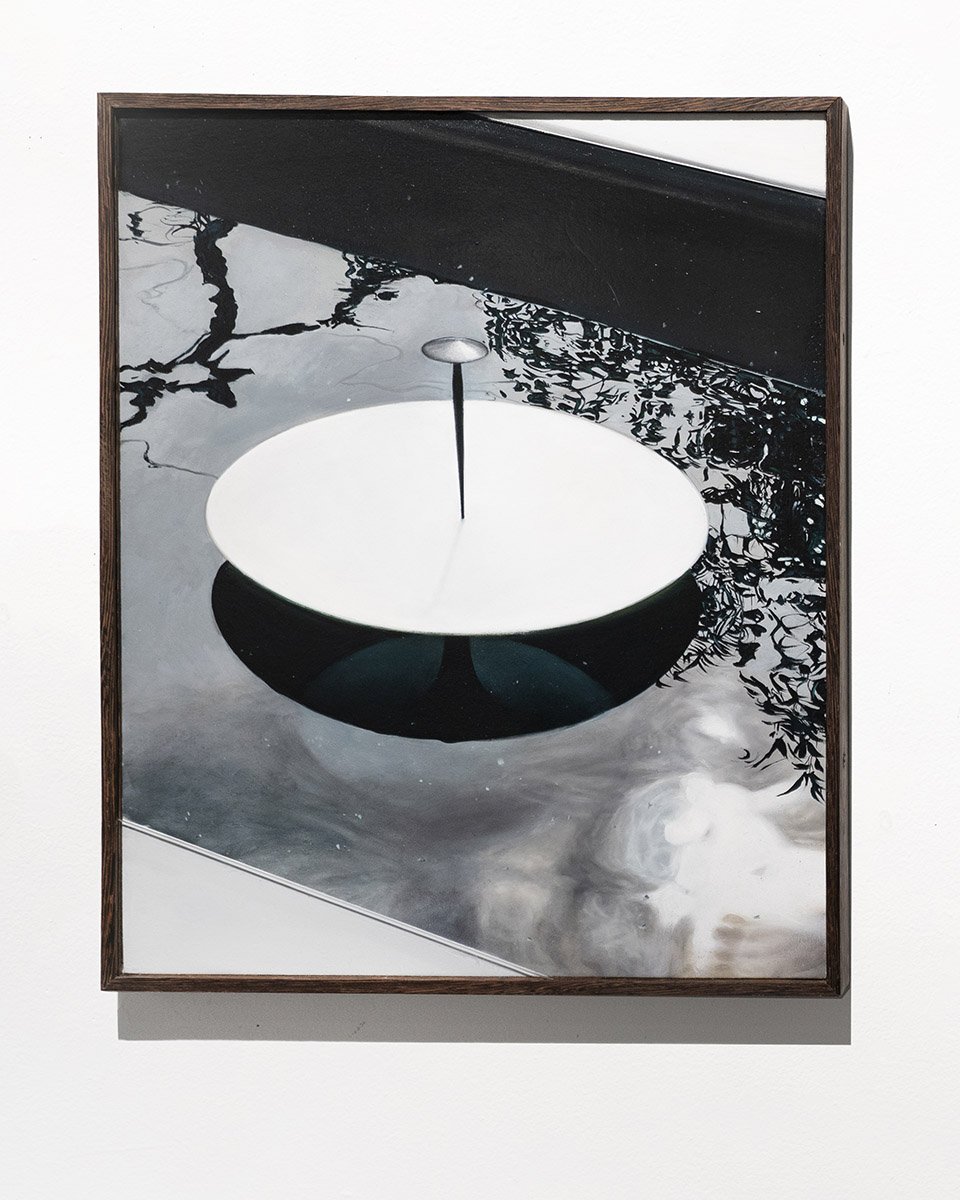
View of the Pool in Summer - Oil on canvas, plexiglass, and wood - 16” x 20” - 2022

View of the Pool in Fall - Oil on canvas, plexiglass, and wood - 16” x 20” - 2022
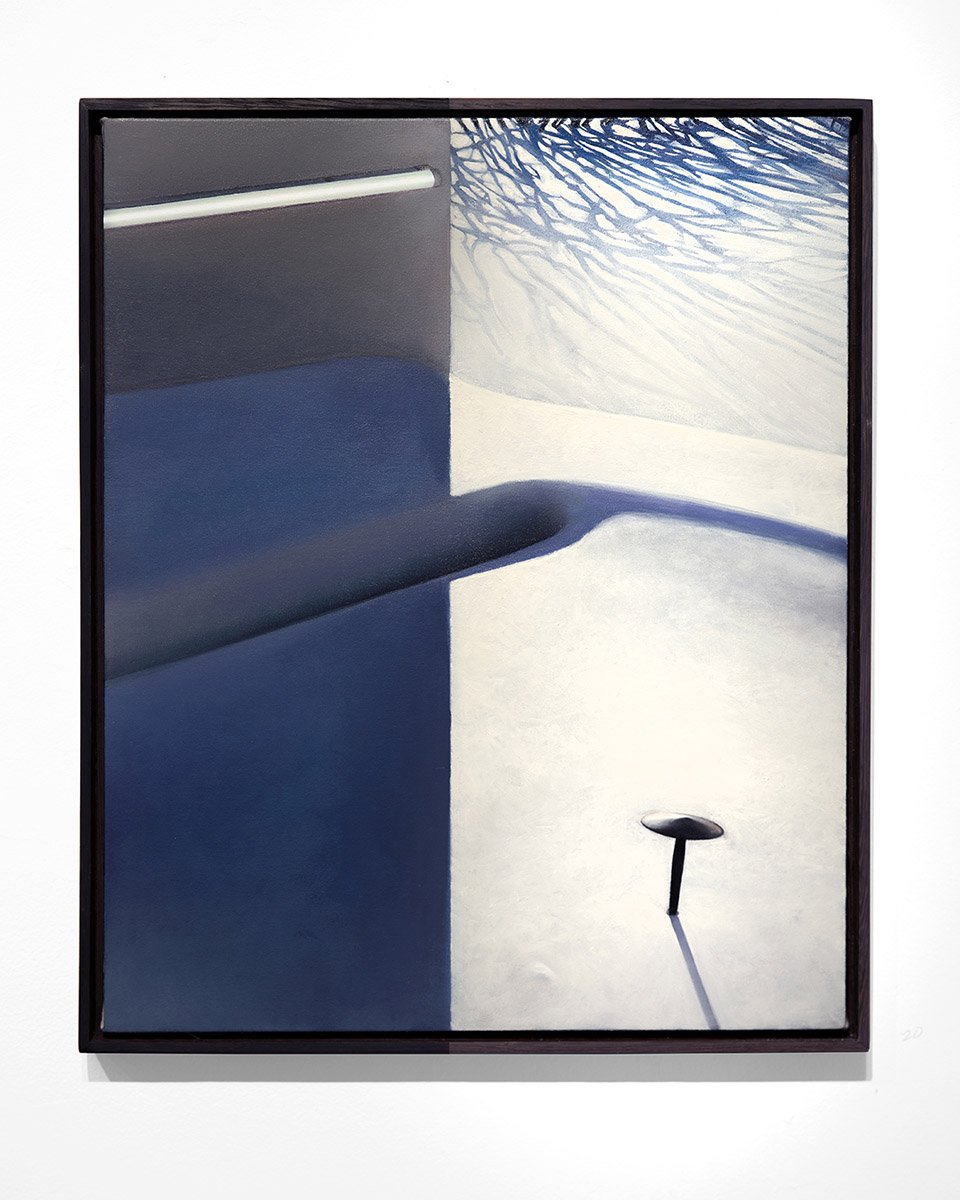
View of the Pool in Winter - Oil on canvas and wood - 16” x 20” - 2022
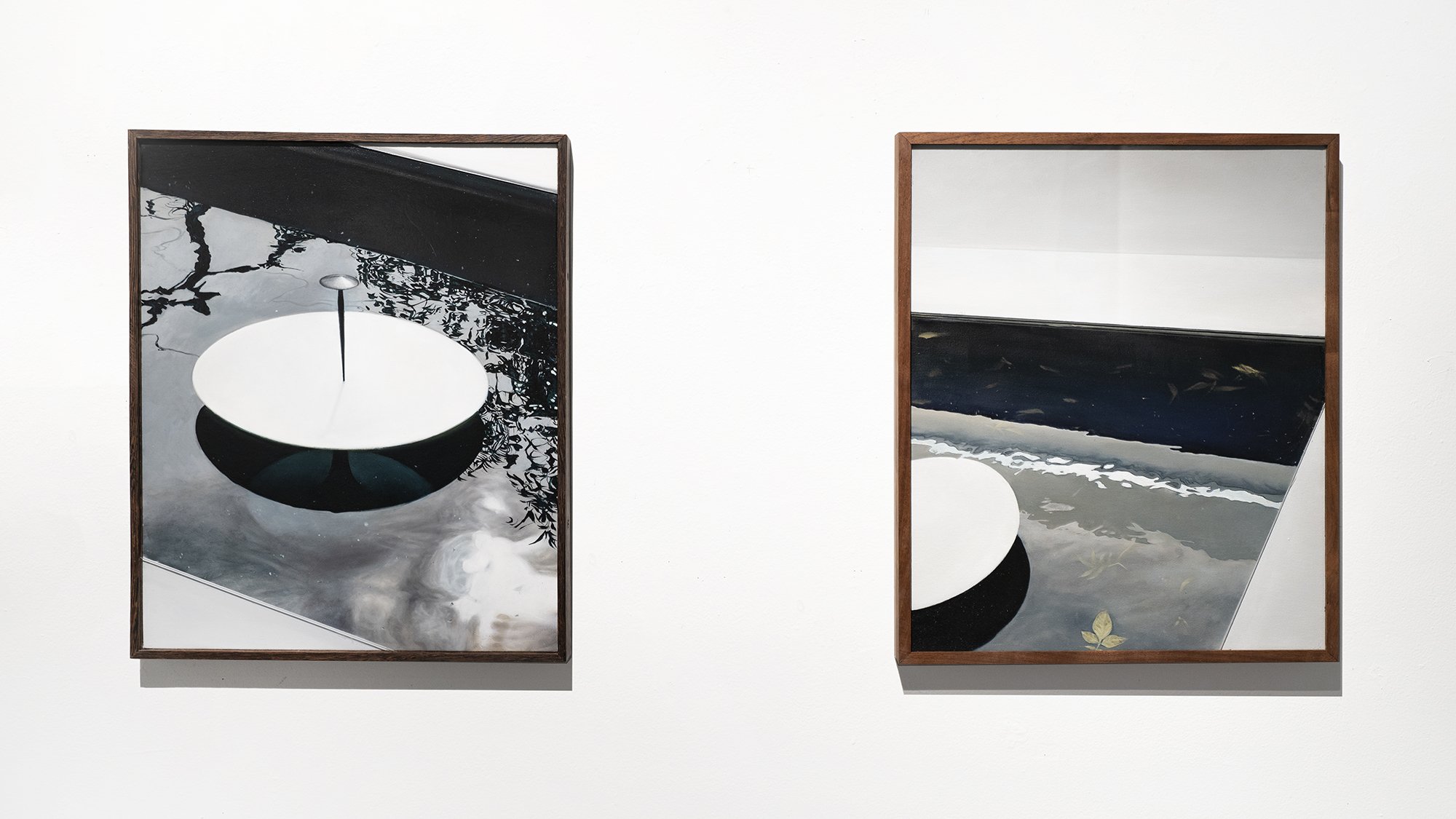
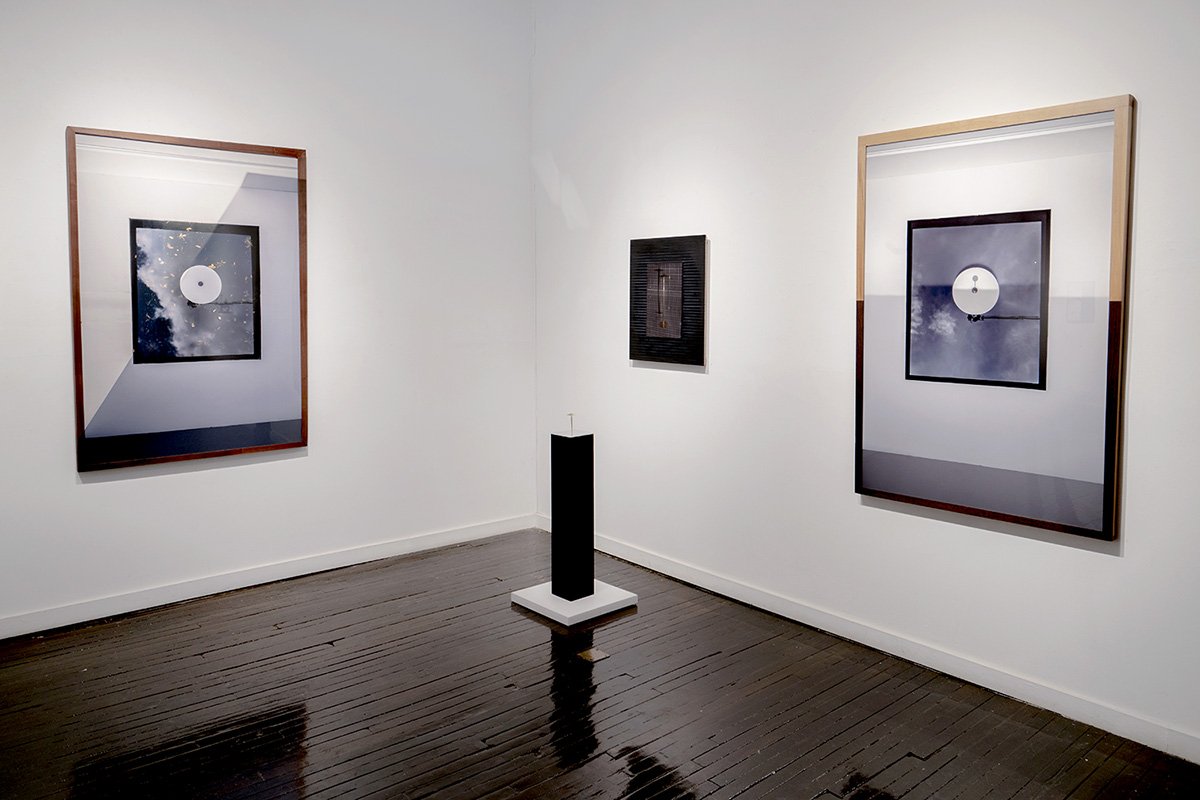
Installation from Windows and Keys (01) - Garden of the Zodiac Gallery - 2022
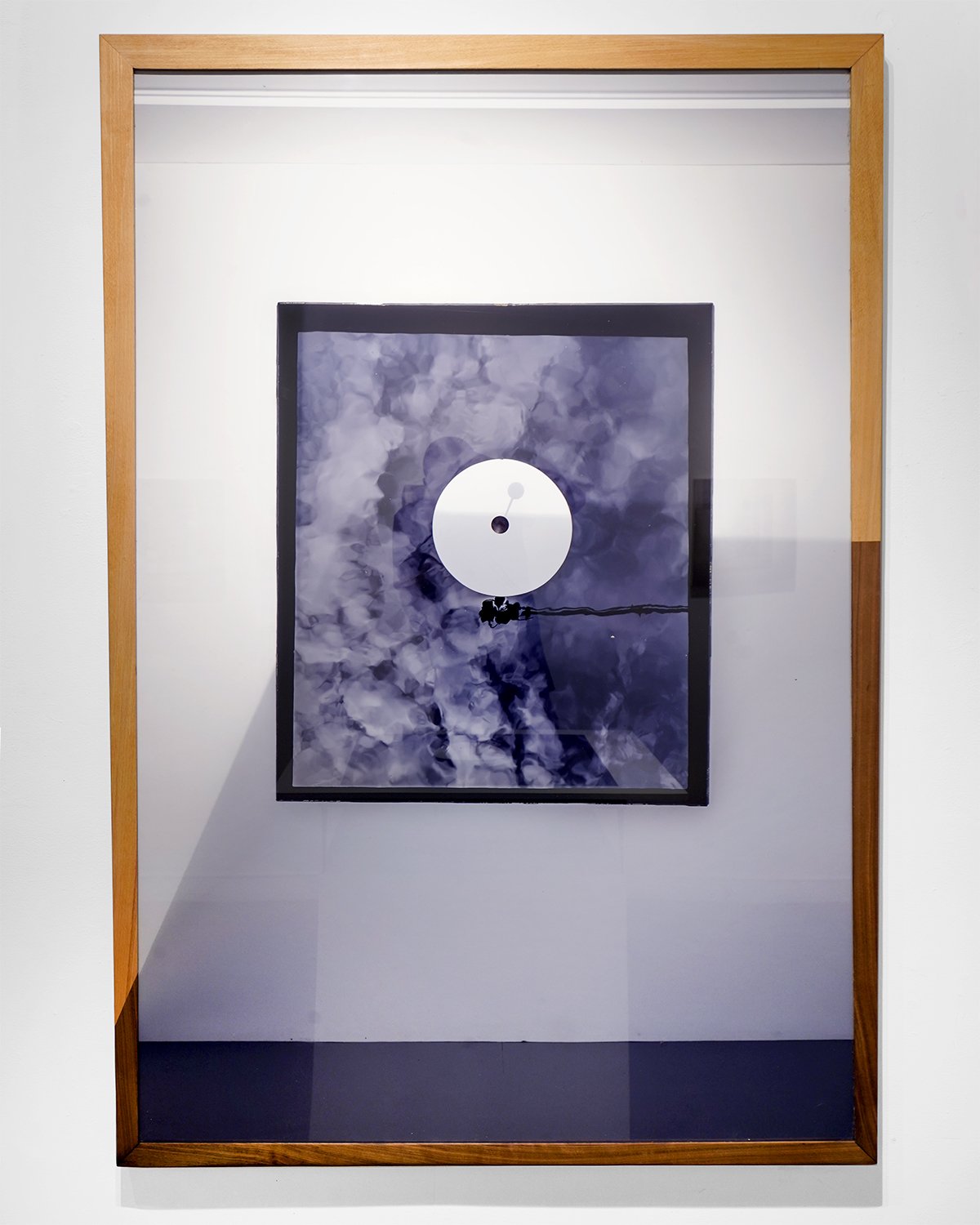
Summer, Late Afternoon - Archival inkjet print, wood, and plexiglass - 64” x 44” - 2022
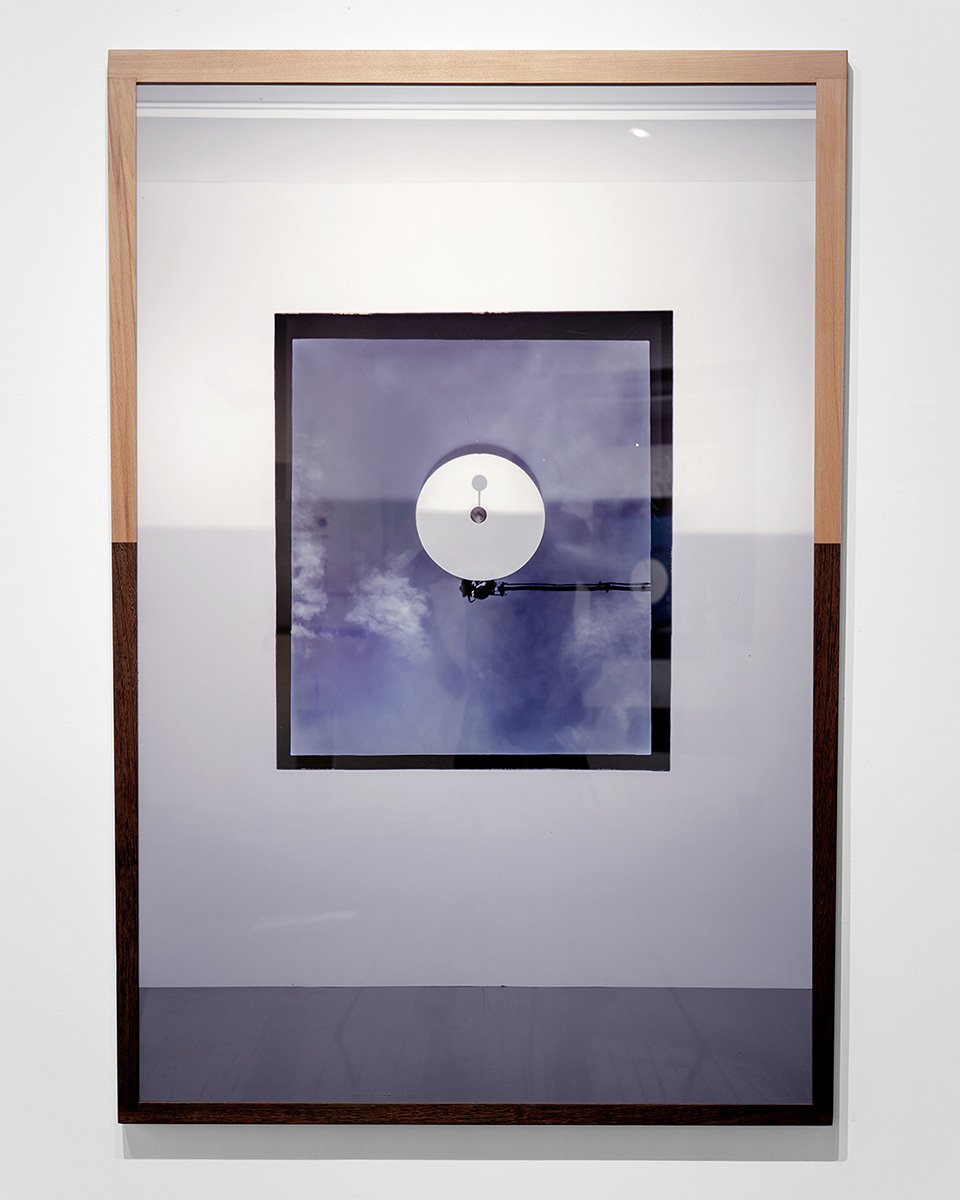
Summer at Noon - Archival inkjet print, wood, and plexiglass - 64” x 44” - 2022
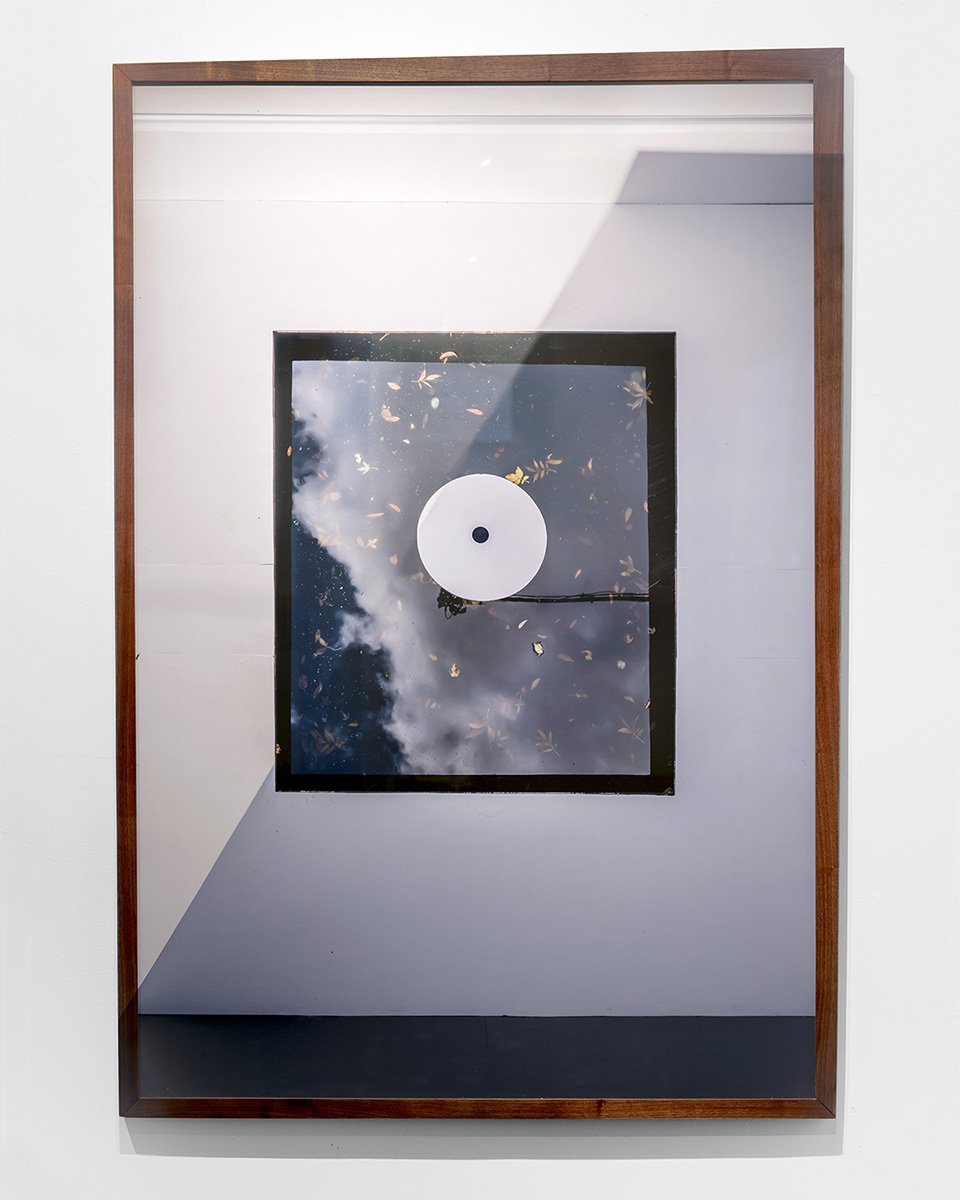
Fall, Late Afternoon - Archival inkjet print, wood, acrylic, and plexiglass - 64”x 44” - 2022
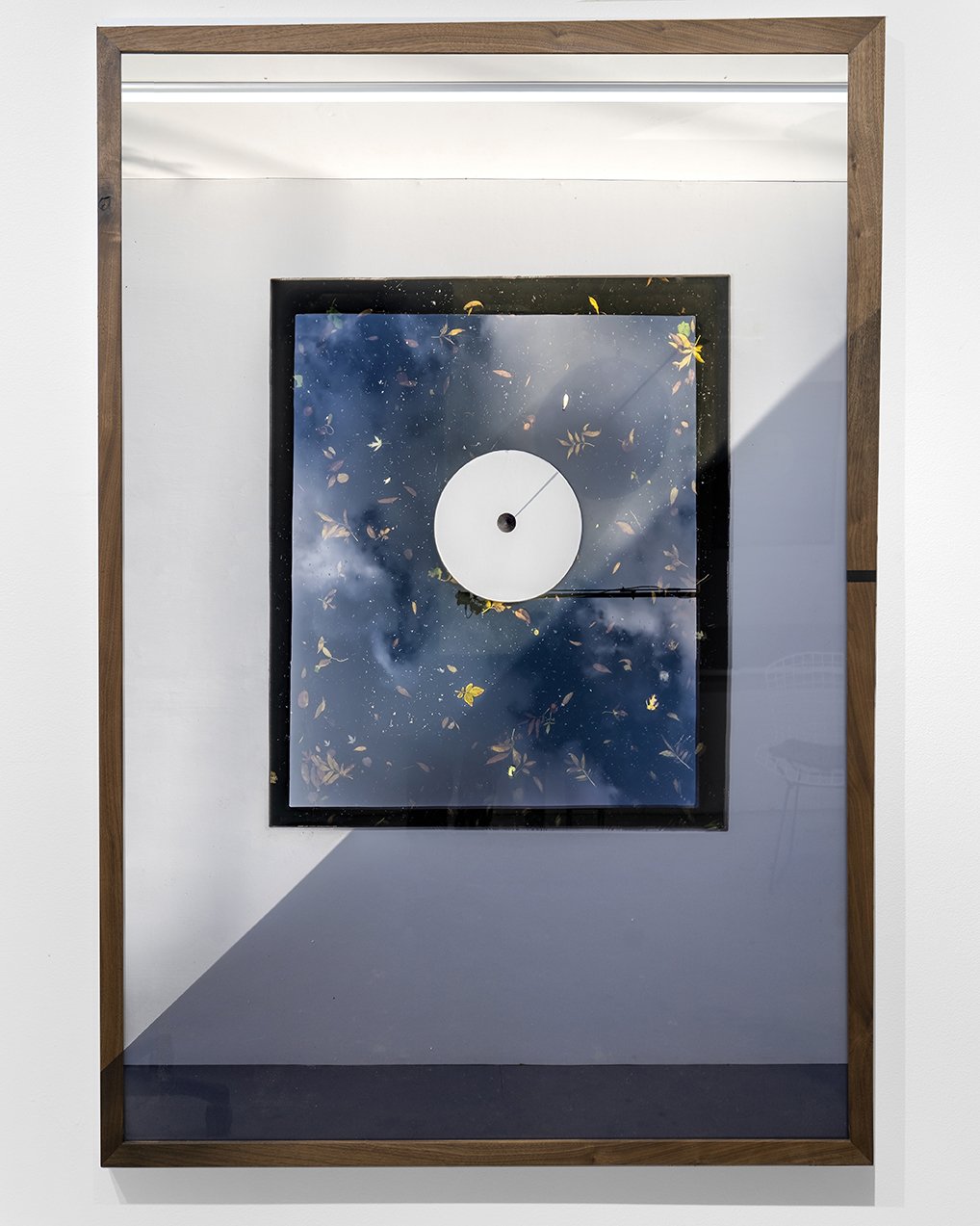
Fall Afternoon - Archival inkjet print, wood, acrylic, and plexiglass - 64”x 44” - 2022

Winter Evening - Archival inkjet print, wood, and plexiglass - 64” x 44” - 2022
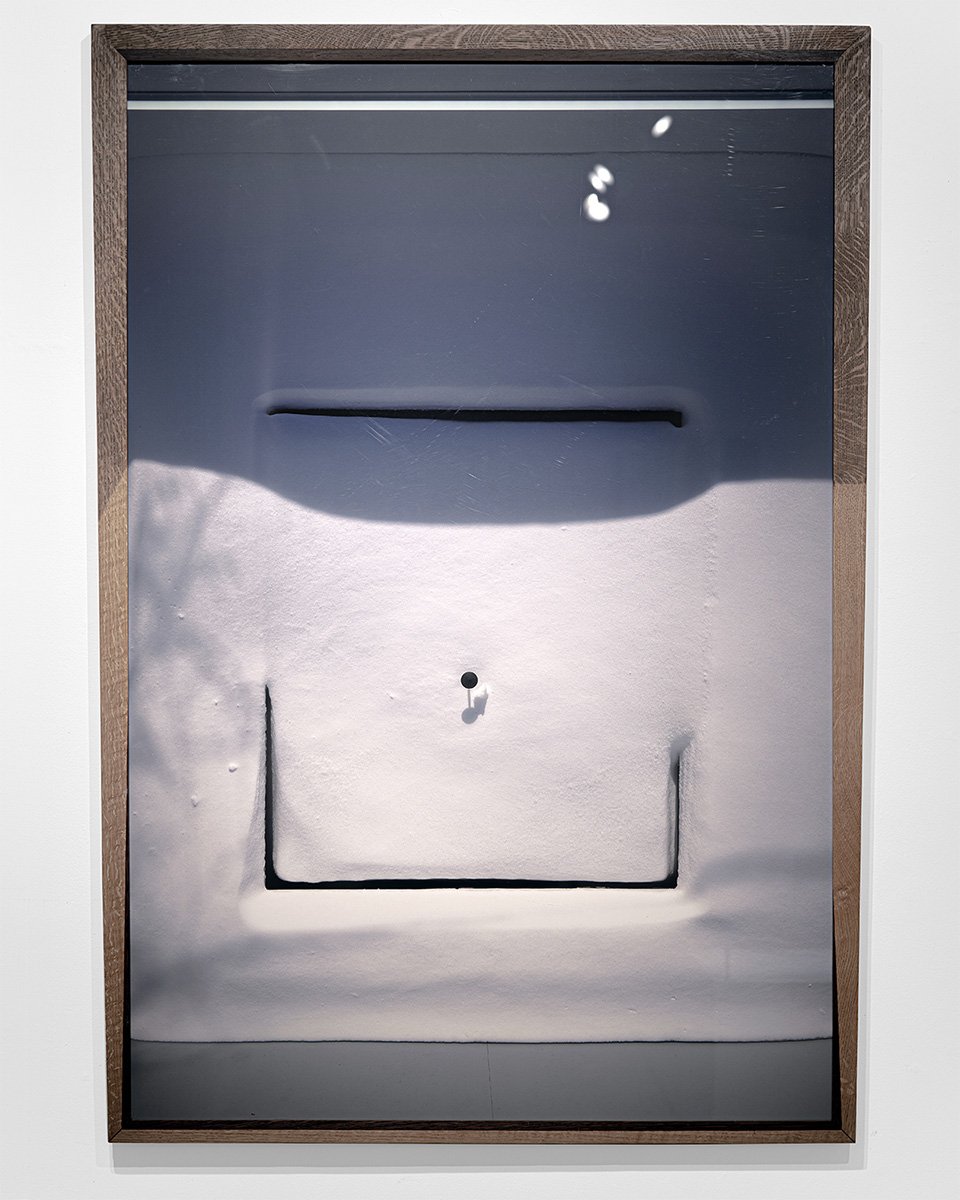
Winter at Noon - Archival inkjet print, wood, and plexiglass - 64” x 44” - 2022
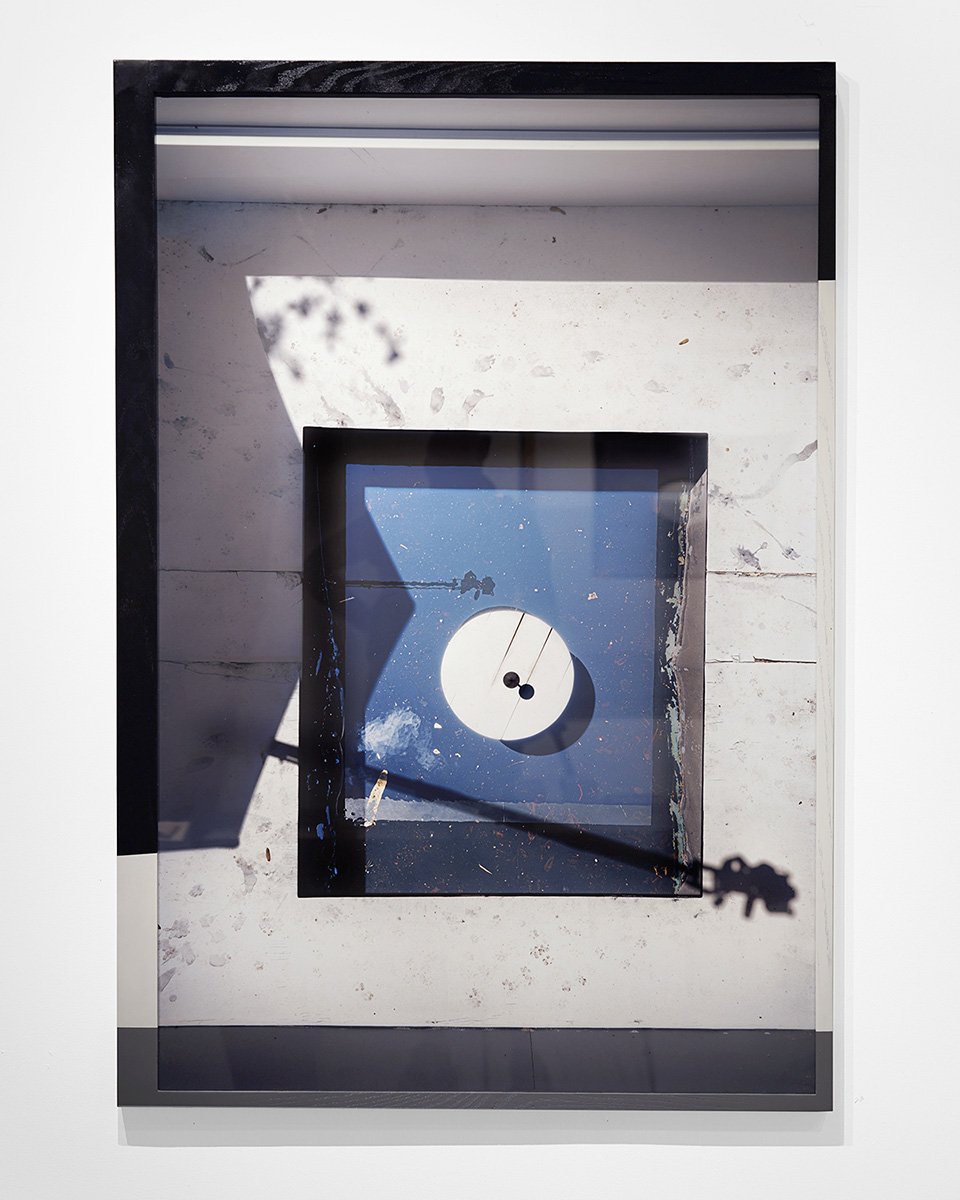
Spring Late Afternoon - Archival inkjet print, wood, acrylic, and plexiglass - 64” x 44” - 2022
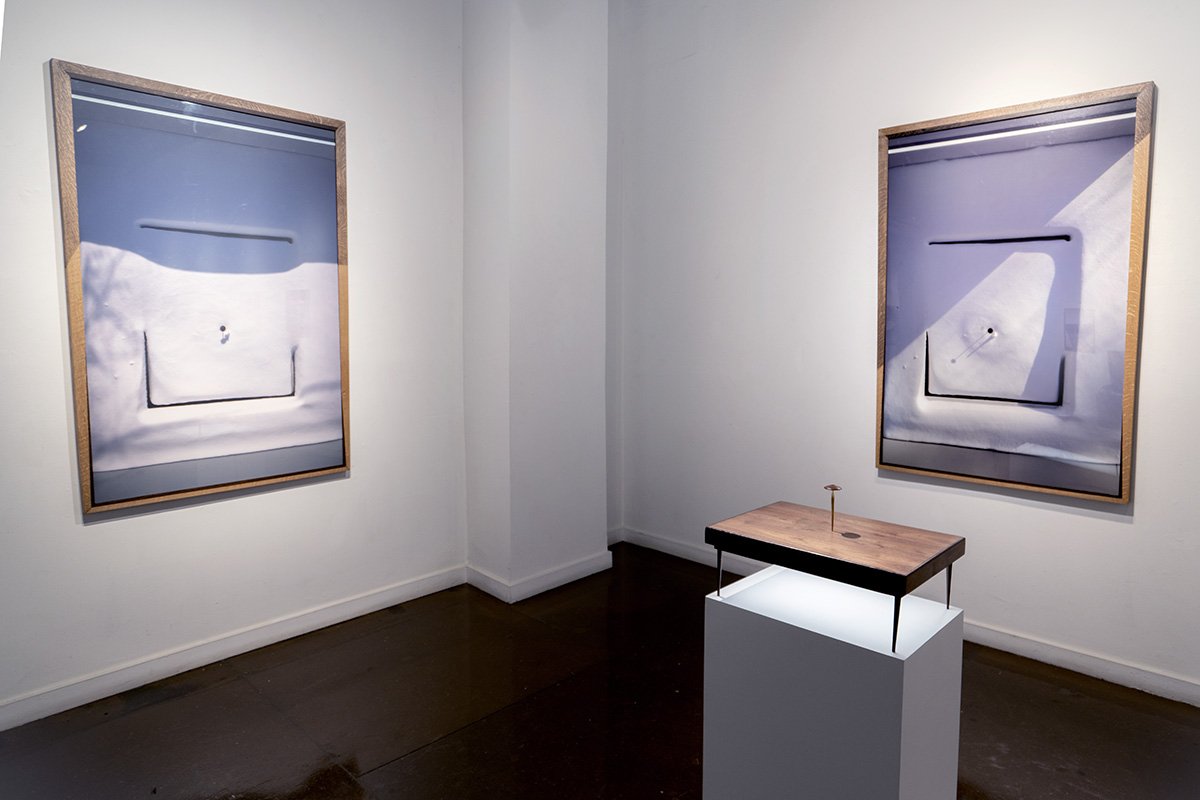
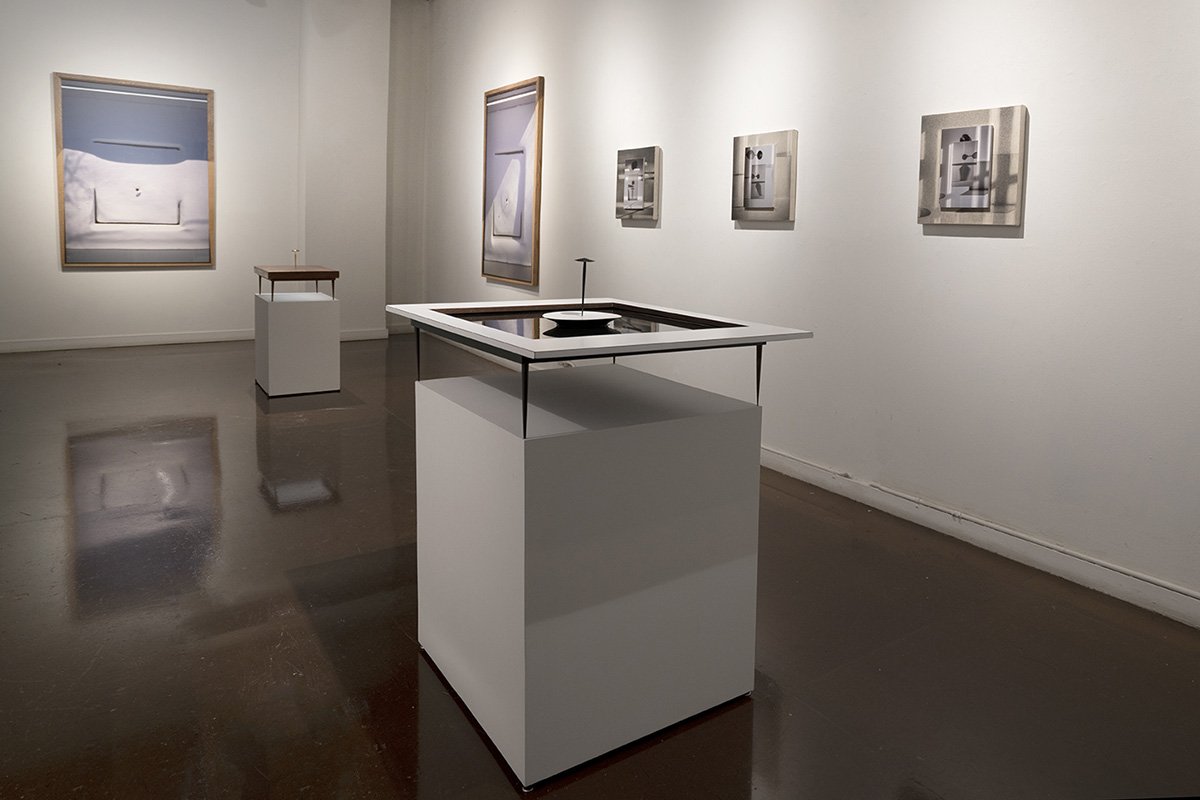
Installation from Windows and Keys (02) - Garden of the Zodiac Gallery - 2022
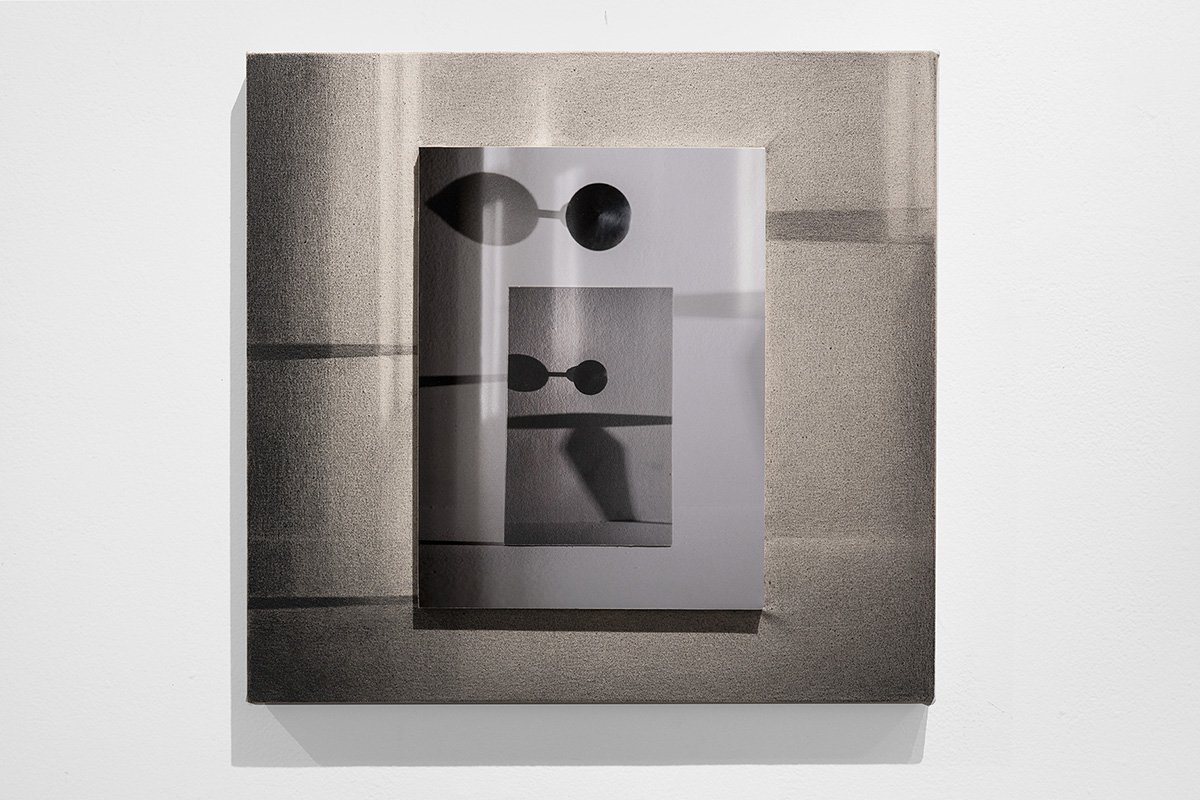
Shadow (04) - Charcoal on canvas and photocollage on panel - 17” x 18” - 2022

Shadow (01) - Charcoal on canvas and photocollage on panel - 17” x 18” - 2022
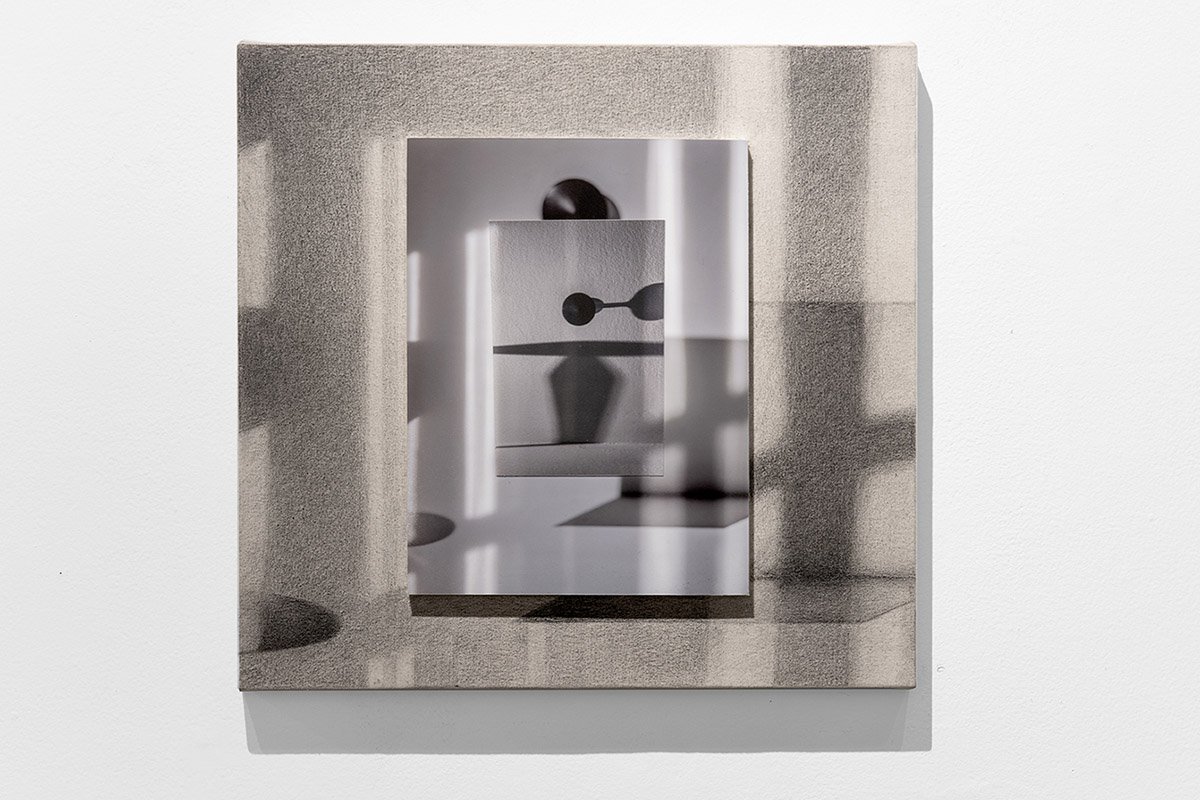
Shadow (03) - Charcoal on canvas and photocollage on panel - 17” x 18” - 2022
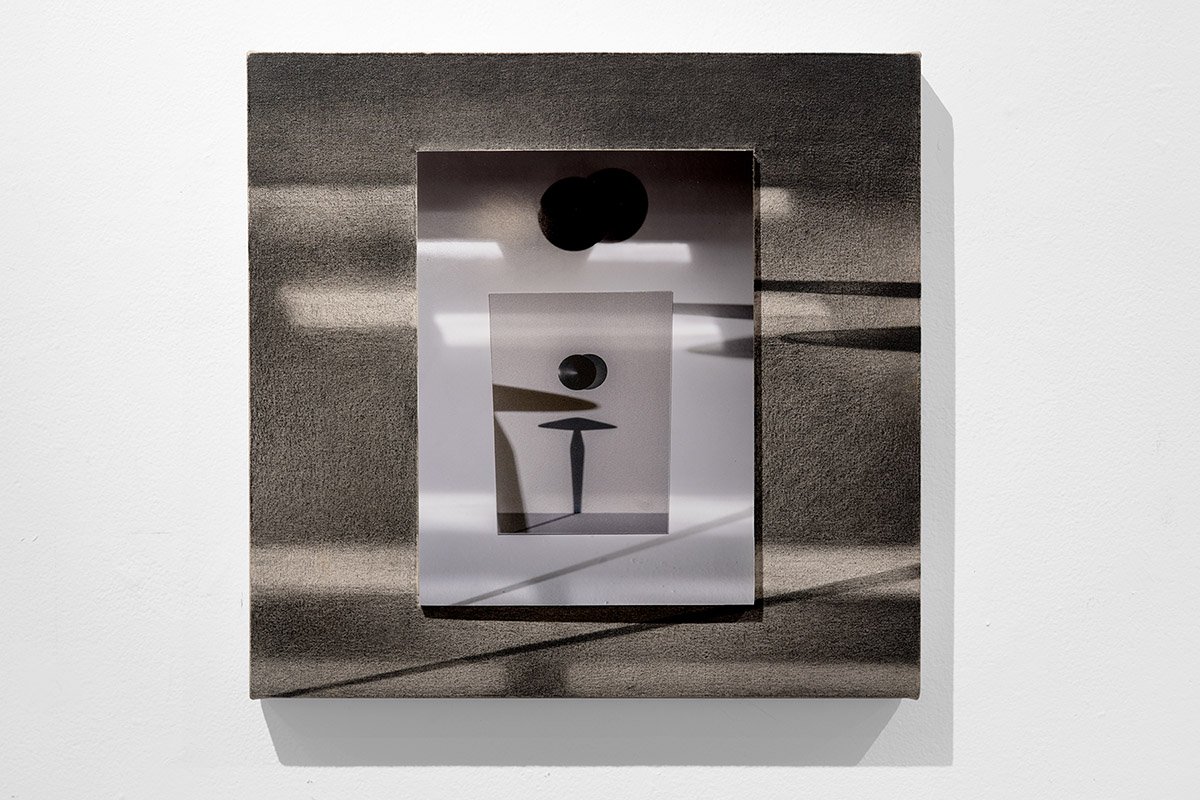
Shadow (02) - Charcoal on canvas and photocollage on panel - 17” x 18” - 2022
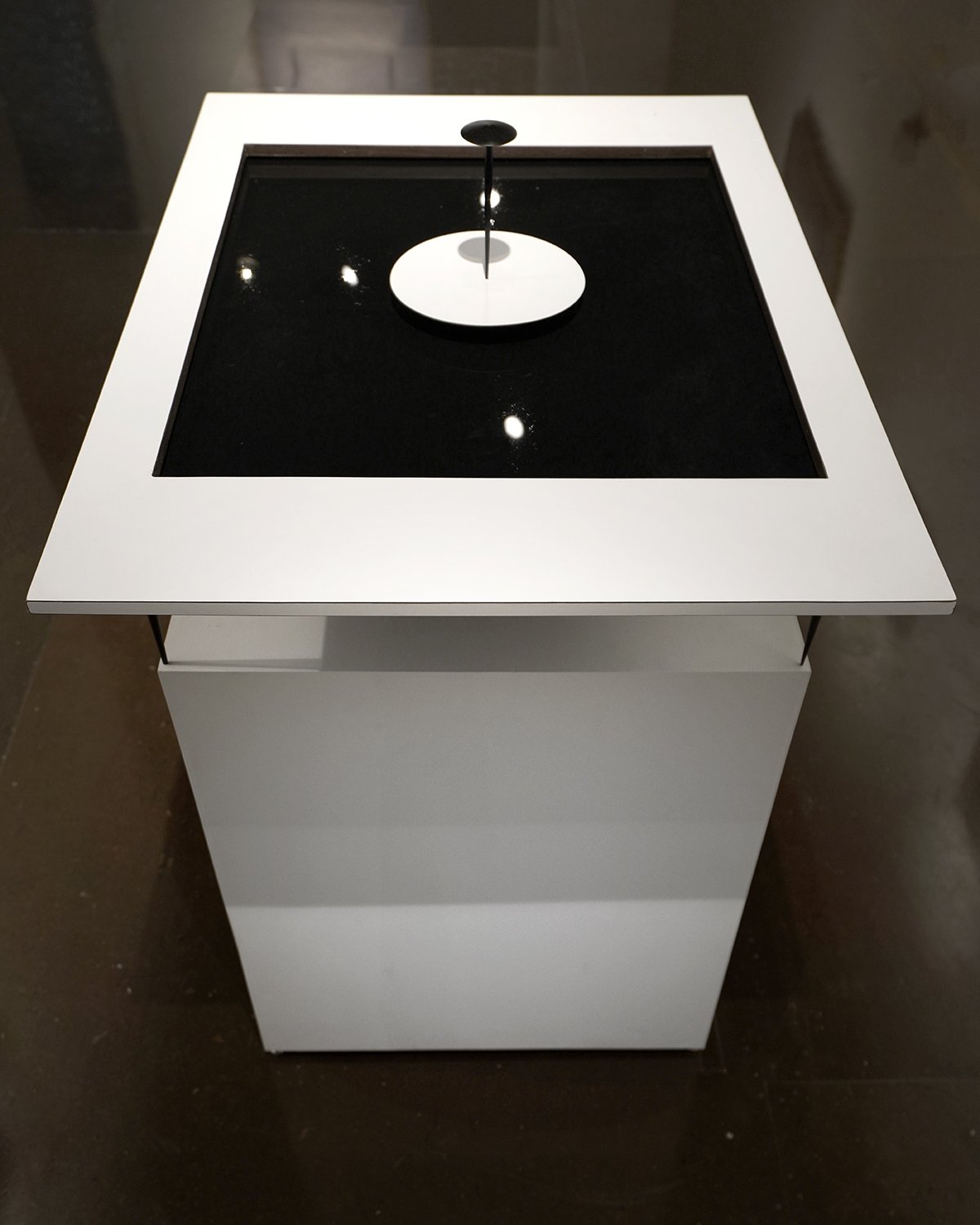

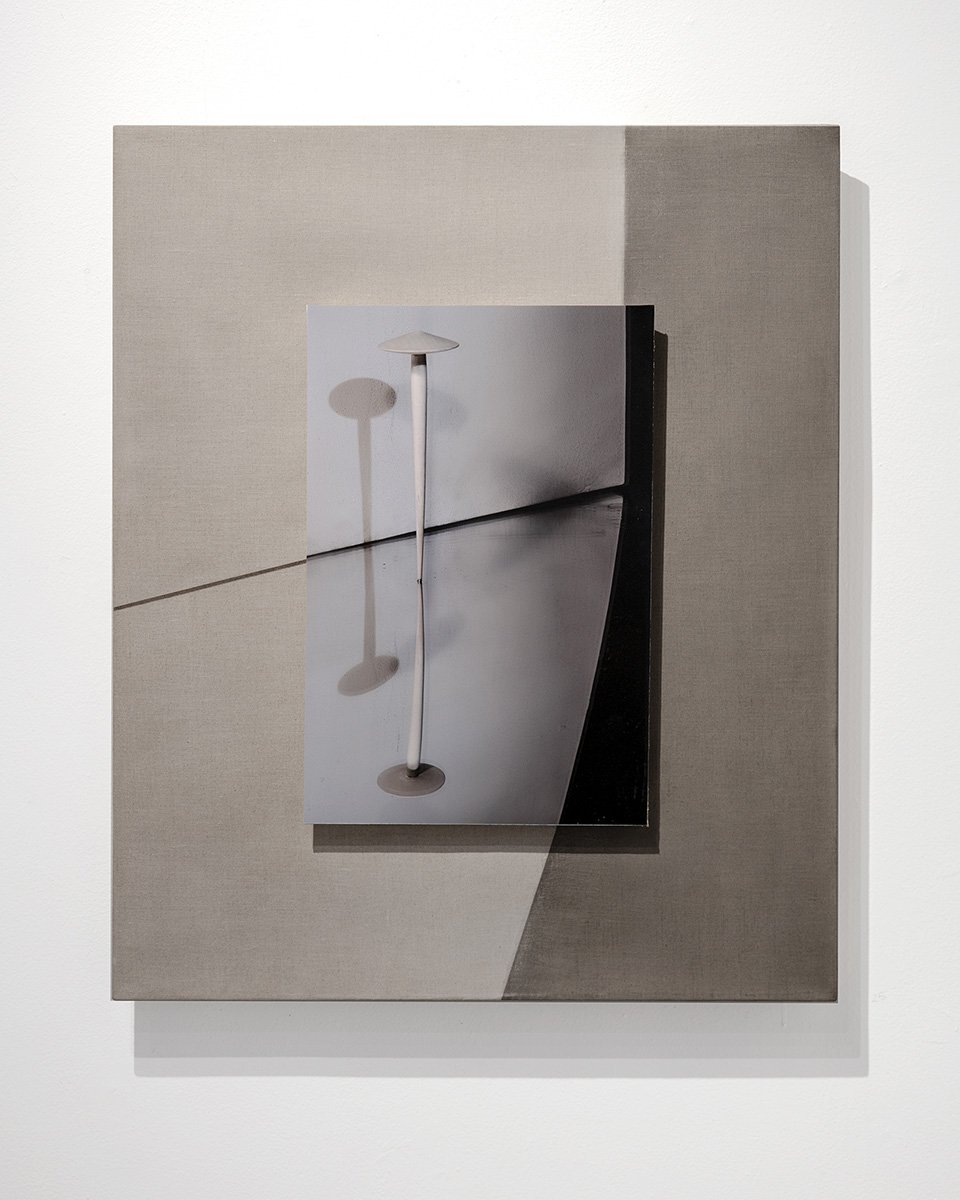
Portrait of a Spindle in White - Charcoal on linen and archival inkjet print on panel - 27” x 23” - 2022

Portrait of a Spindle in Black - Oil on linen and archival inkjet print on panel - 27” x 23” - 2022

Portrait of a Spindle in Brass - Oil on linen and archival inkjet print on panel - 27” x 23” - 2022
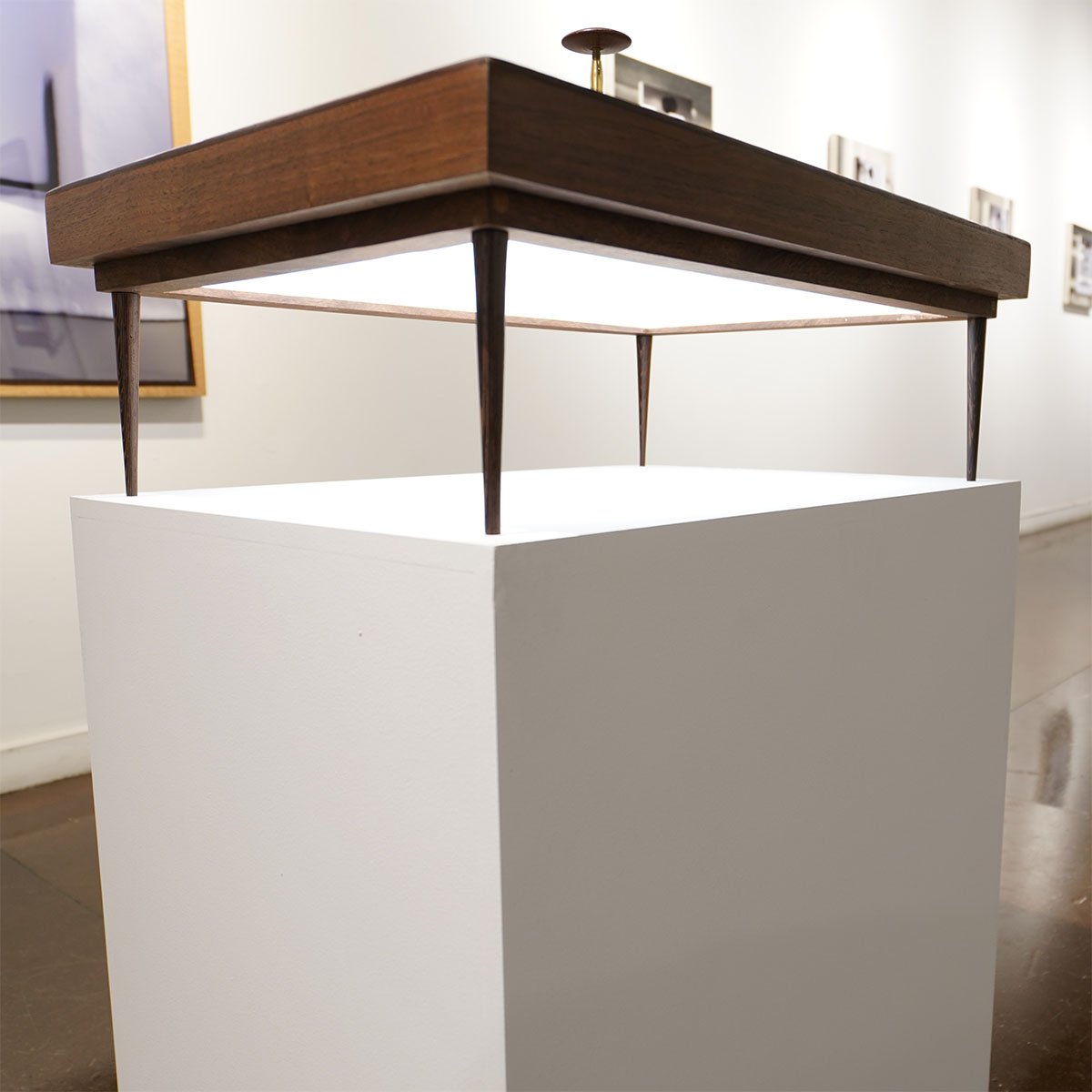

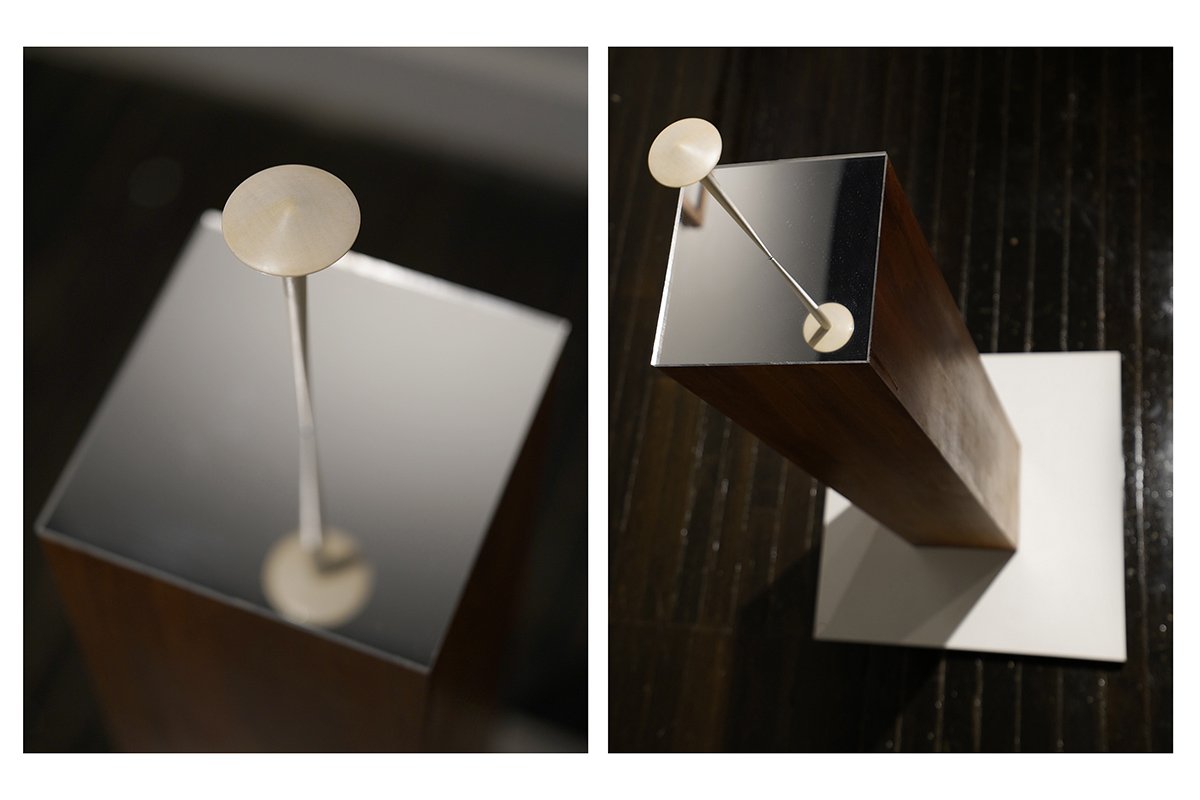
White Spire - Plexiglass and wood - 38” x 18” x 18” - 2022
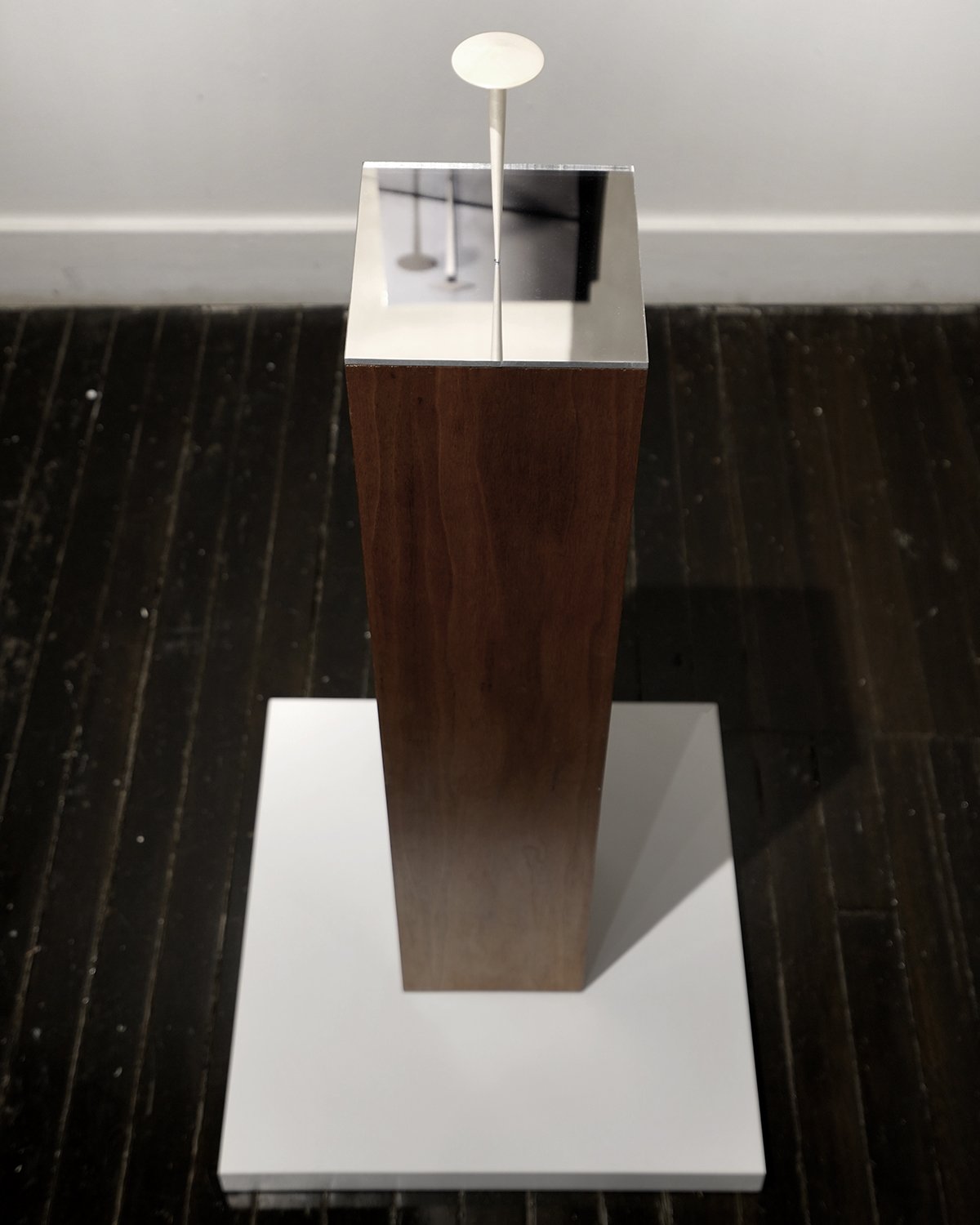

Black Spire - Plexiglass and wood - 38” x 18” x 18” - 2022


Spire Light - Wood, brass, and electrical components - 37” x 17” x 24” - 2022 - (Video below)
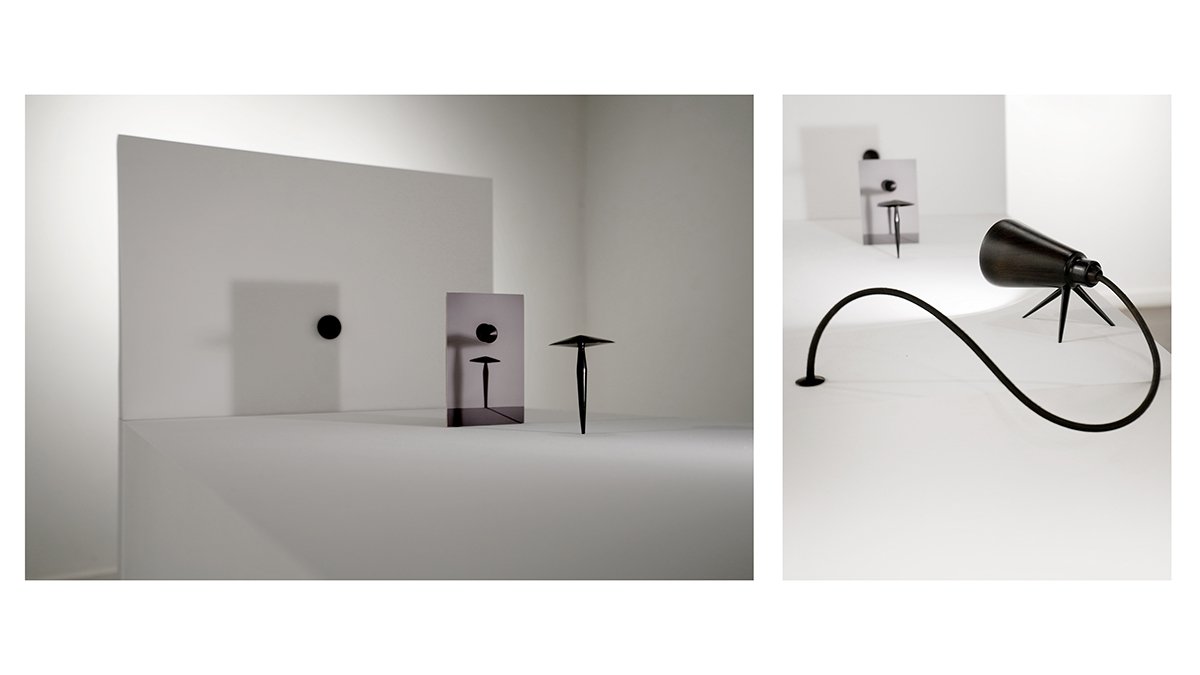
Shadow Table - Wood, archival inkjet print, and electrical components - 49” x 49” x 24” - 2022 - (Video Below)

Wall Sconce in Walnut - Wood, plexiglass, and electrical components - 10” x 10” x 9” - 2022 - (Video Below)
Statement from Windows and Keys 2022:
I am concerned with how light and shadow define physical space, create illusions, reflections, and moods. To that end, I sculpt wooden “spindles,” which I use as dimmer switches for modernly inspired luminaires to create sets for still-life images. They are press fit into pedestals or other receptacles. They control lighting solutions, function as sundials, or as stand-alone sculptures. They are lightly grounded, just touching or grazing a base, have surfaces that specifically reflect or diffuse, and are symmetrical.
The resulting artworks are drawings, photographs, paintings, and sculptures of these sets that use a pared down vocabulary of rectangles and circles. The tops of sculptures may appear as tangible objects floating in a reflecting pool or incorporeal circles of negative space. Images are repeated on multiple surfaces, transposed in different media; sculpture to canvas, canvas to photograph, photo to charcoal, etc. Drawn and painted canvases encapsulate digital prints and re-represent light and shadows captured in photographs. Traditional oil paintings depict the same materials at different angles to provide asymmetrical snapshots of symmetrical compositions.
As sculptural arrangements are reframed and reinterpreted in different media the spindle becomes a landmark directing a viewer through artworks, providing indications of spatial awareness, touch, and function. The space around a picture, the lighting of the exhibition space, and the positions of the viewer, are all devices I use to direct an audience’s gaze through a picture (as it were a window) or at a picture (as it is an object). Though the subjects in my work represent something tangible, and even useful, pictorial compositions can make the work appear abstract; what is known is distorted with what is shown. The spindle is a key to navigating each window.
My impetus to design and create these devices has been threefold:
- To make an object that controls Light.
- To make images of and with this object.
- To make an object that is transformed if the viewer were to become a user.
With my intentional, intersectional, manipulation of image and object, I often utilize one medium to express another. I aim to make work that considers how a type of artistic practice (drawing, painting, sculpture, etc.) can be manipulated to signify visual languages other than the mediums used to create the work.